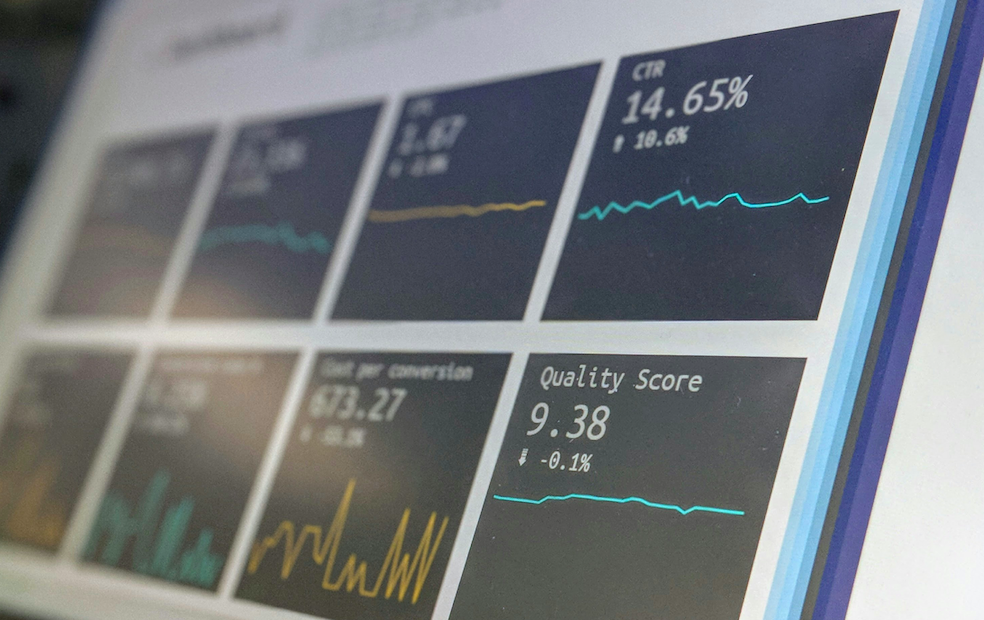Nearly half of the world’s population, including one billion children, lives in poverty (defined as income of less than $2 U.S. per day). With an eye toward better understanding how the private sector can help reduce poverty, four students at Vanderbilt University Peabody College of education and human development collaborated with the Center on Business and Poverty, a U.S.-based non-profit organization, and center director, John Hoffmire, to create an index that ranks countries for their abilities to cut poverty through their business practices and related policies. The team believes that this new index will help to motivate governments and corporations to work together on poverty alleviation efforts that can leverage the strengths of both the public and private sectors for improving economic development outcomes.
Vanderbilt students Trisha DeWeert, Tevin Mathew, Jiaheng Yu, and Shiyue Zhang spearheaded the new index as part of their work in the International Organizations and Economic Development course taught by Carolyn Heinrich, University Distinguished Professor of Leadership, Policy, and Organizations at Peabody College.
The team evaluated countries’ performance and potential based on unemployment rates, women’s labor force participation, a gender social norms index, stock market year-to-date growth, GDP per capita growth, wage growth, an environmental performance index, and happiness ratings.
“Our index is particularly important due to the impact of the COVID-19 pandemic on the global goals of poverty alleviation. Information that is available to businesses and governments to help prioritize poverty alleviation efforts is crucial at this time. We hope that businesses and governments globally can utilize the findings from our index to inform their policies towards advancing human development,” Mathew said.
“Our student team worked diligently throughout the fall semester, assembling, analyzing, and testing a variety of sources of data to include in the index,” Heinrich said. “Then they worked with Dr. Hoffmire on determining weights for the indicators and ensuring that the index ranks countries appropriately. It was a truly original research collaboration that showcases what students learn in our program and how it can have real-world applications and impact.”
Heinrich says that nation states and international organizations use a variety of indices to assess global progress towards poverty reduction, such as the Productive Capacities Index, Human Development Index, and Multidimensional Poverty Index, but these primarily inform understanding of how public policies drive improvements in human and economic well-being.
Hoffmire, who also is a research associate at Regent’s Park College at the University of Oxford, said, “Frequently, now, the private sector is acknowledged as an important player in reducing poverty. We believe the index we have developed will help both governments and businesses to know which of their efforts are having the most impact on poverty.”
Press Contact: John Hoffmire, director of the Center on Business and Poverty, john.hoffmire@regents.ox.ac.uk.
Photo credit: Stephen Dawson on Unsplash





